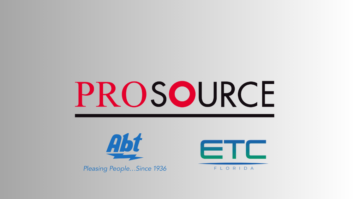NEW YORK – The rise of global commerce is creating an increasingly borderless economy, and businesses need to provide the payment method their customers prefer, regardless of regional and cultural preferences. To meet this growing need, today First Data (NYSE: FDC), a global leader in commerce-enabling technology, announced the availability of the First Data® Local Payments solution, which will provide digital businesses and their customers with access to 195 local payment options when fully implemented.
Even in a global, always-on digital economy, payment methods have remained largely regional and country specific. Trust and security concerns, cultural preferences, technological limitations, and political restrictions influence purchasing methods, which vary extensively around the world.
With First Data’s Local Payments solution, a merchant can manage varying online payment methods through a single interface, using a single collection model. Now, a retailer can easily enable a customer in Europe who wants to use a mobile wallet or a customer in Latin America who prefers making electronic cash payments. Local Payments facilitates numerous payment methods, including real-time online banking, direct debit, cash/voucher payments, payment wallets, payout schemes, and more.
“There has been a significant increase in cross-border shopping in recent years, and while geography is no longer a transactional barrier for eCommerce, payment methods can be a hurdle. Today, 57% of global consumers shop across international borders, and separate reports have indicated that as many as half of these people may end a sale if their payment choice is not offered,” said Shane Fitzpatrick, global head of eCommerce at First Data. “First Data’s Local Payments solution empowers businesses to accept payments in the methods their customers prefer, all through a single-source provider, no matter where they are located.”
Around the world, many people do not have access to banking services, which can pose challenges for cross-border transactions. Local Payments provides greater flexibility for payment acceptance, supporting consumer choice. The solution enables businesses to accept payments from their customers in the method they choose, whether they have a bank account or not. Adding Local Payments through a single integration represents a sales uplift opportunity for merchants.
The introduction of Local Payments expands First Data’s robust eCommerce portfolio. First Data now offers a range of solutions for businesses of all sizes, including the recently-announced Global PFAC Program for payment facilitators and the company’s cutting edge Fraud Detect Solution.
Earlier this year, First Data acquired Acculynk, a technology company with unique debit routing capabilities that help merchants reduce their total cost of payment acceptance. First Data’s eCommerce portfolio is available across the First Data client landscape, from multinational corporations to sole proprietors operating online stores.
For more information on First Data’s eCommerce portfolio, or to learn more about the Local Payments Solution, please visit Local Payments. If you are attending Money 20/20 Europe this week, please visit First Data at booth G36 to learn more about Local Payments and our eCommerce solutions. First Data’s vice president of eCommerce product, Peter O’Halloran, will also be presenting on Local Payments at Money 20/20 on Wednesday, June 28.
About First Data
First Data (NYSE: FDC) is a global leader in commerce-enabling technology and solutions, serving approximately six million business locations and 4,000 financial institutions in more than 100 countries around the world. The company’s 24,000 owner-associates are dedicated to helping companies, from start-ups to the world’s largest corporations, conduct commerce every day by securing and processing more than 2,800 transactions per second and $2.2 trillion per year.












